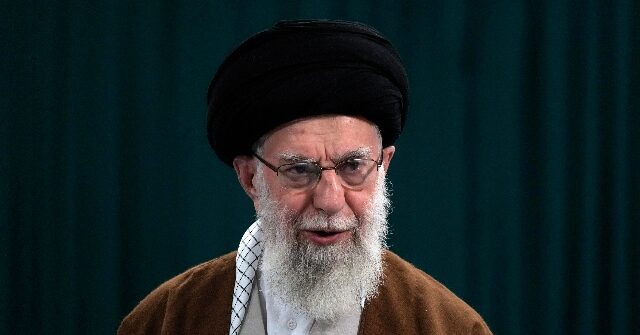In the wake of President-elect Donald Trump’s decisive victory over Vice President Kamala Harris in November, Iran reportedly shifted its approach toward Israel, showcasing a more accommodating diplomatic tone, as documented by The New York Times. This transformation became evident particularly around mid-November when Iran took notable steps to defuse tensions, including a suspension of a planned retaliatory attack against Israel. The Iranian government, previously vocal about avenging any aggression, appeared to exercise restraint, signaling a potential recalibration of its foreign policy in light of the incoming Trump administration’s strong pro-Israel stance and its positioning within international diplomacy.
Iran’s diplomatic overtures included sending a senior official to Beirut to negotiate a ceasefire with Hezbollah, its ally operating in Lebanon. Concurrently, Iran’s U.N. ambassador met with Elon Musk, which was perceived as an attempt to engage with individuals close to the president-elect. These proactive diplomatic efforts were further complemented by preparations for talks in Geneva with European nations covering various critical issues, including Iran’s contentious nuclear program. Collectively, these actions marked a significant departure from the aggressive posture Iran had taken just weeks earlier, particularly against the backdrop of heightened tensions influenced by Israeli military actions against Hezbollah.
Previously, in late October, Iran was poised for a significant military avenging of perceived aggressions, with statements from military leaders indicating that they would respond forcefully to any provocations. The decision to halt military actions following Trump’s election was largely viewed as a calculated move by Iranian officials to avoid unnecessarily inflaming tensions with a future administration likely to adopt a much more hardline approach toward Iran. It was suggested that Iran’s de-escalation was strategic, aimed at mitigating any punitive responses from a government expected to be far less sympathetic compared to the outgoing Biden administration.
Amid these diplomatic shifts, Trump has consistently vocalized his strong support for Israel, promising to remove restrictions on arms shipments to the country on his first day in office. This stance is reflective of the broader context in which U.S.-Iran relations have historically ebbed and flowed, particularly regarding military aid and responses to regional conflicts. The prior administration had placed constraints on Israel’s military operations which were seen as counterproductive from Tehran’s perspective. The Biden administration’s earlier reluctance to fully support Israel during times of conflict has laid the foundation for a delicate equilibrium that Iran seems keen to navigate in light of the new political landscape.
Compounding these tensions was the fact that the Biden-Harris administration made decisions perceived as detrimental to Israel’s security, such as withholding precision munitions amid escalated military actions. This not only exemplifies the delicate dynamics at play in U.S.-Israeli relations but also illustrates Iran’s acute awareness of these shifts. The ongoing skirmishes, particularly in Gaza, underscore how foreign policy decisions can reverberate throughout the Middle East, influencing not only the actions of local actors like Hamas and Hezbollah but also exacerbating the historical enmity between Israel and Iran.
In summary, the geopolitical chess game involving Iran, the United States, and Israel took a notable turn following the Trump election. Iran’s decision to reassess its military strategy in favor of diplomatic dialogue highlights the intricate balance of power and the perpetual shifting alliances in international relations. The broader implications of this pivot could significantly affect future negotiations around nuclear proliferation and regional stability, which remain critical to understanding the complexities of Middle Eastern geopolitics. As these narratives unfold, they illustrate the multifaceted nature of foreign policy, where strategic recalibrations are often responses to domestic political outcomes other than just regional threats.

